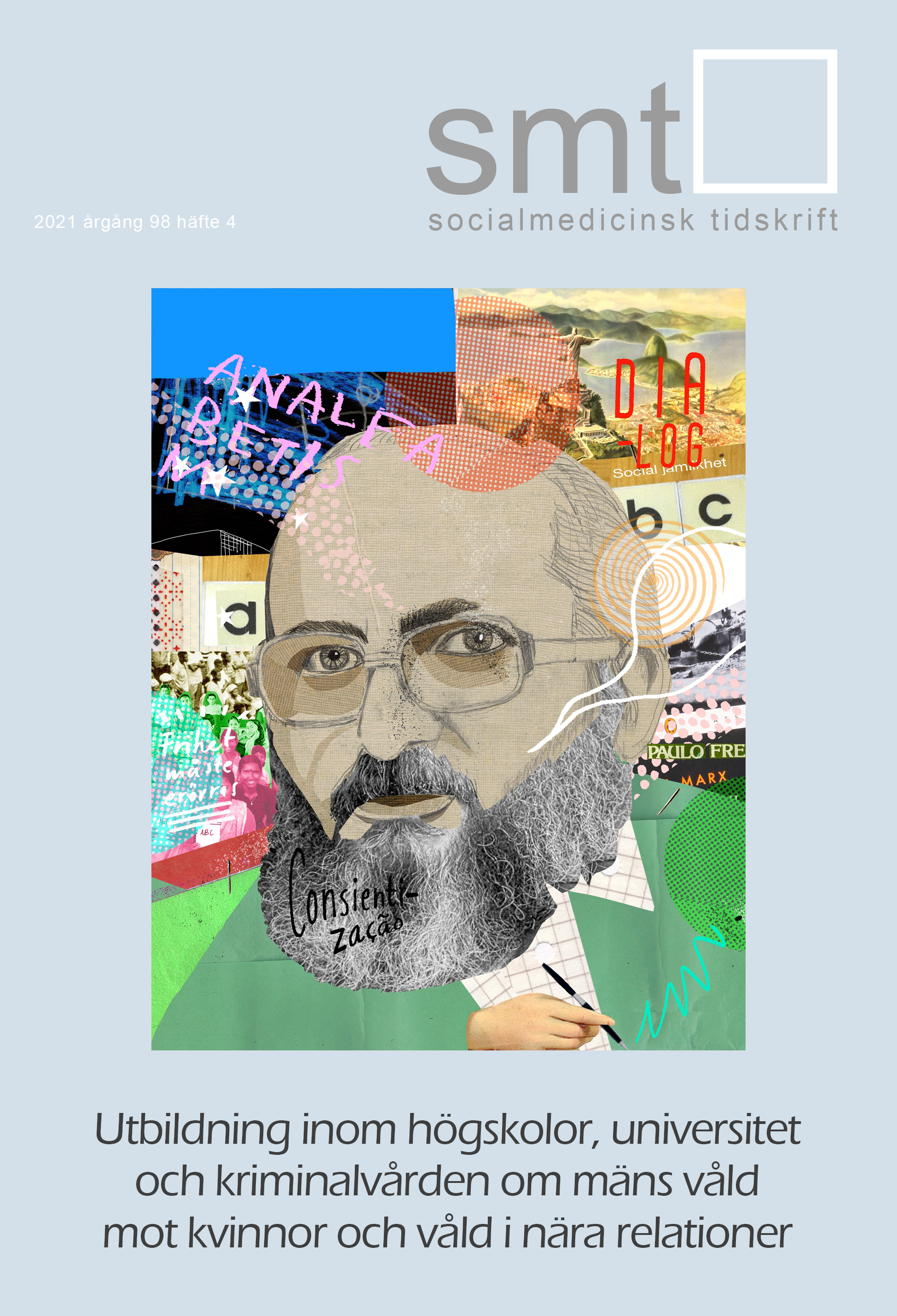Abstract
In Sweden, men's violence against women and violence in close relationships have been the subject of discussion, research, and political stances for decades. The societal problem is complex, as knowledge, perspective and the prevailing societal climate determine which main discourse is the current one. This became clear during three weeks in April 2021 when five women were killed by their husbands/partners. The attention was great both in the media context and in the political conversation and the government's expression of will that men's violence against women should cease was given higher priority, which among other things resulted in an action program that will be presented shortly. Expected measures are stricter penalties, intensified work to protect those who are exposed to violence, targeted efforts both to victims of violence and those who use violence against close relatives and increased educational support.
The introductory part of this article provides a background to the Government's decision to add a new qualitative target in the Higher Education Ordinance for seven vocational educations in 2018, with the addition of the dental hygienist education 2019. Then it is presented how the learning outcome “show knowledge about men's violence against women and violence in close relationships” is integrated into the nursing program at Linnaeus University.
The three courses that have been selected as the most suitable are based on a pedagogical basic idea, which supports student-centered, problem-oriented, and sustainable learning as well as taking responsibility for both individual learning and common knowledge development. The description focuses on the work of systematically designing teaching and learning so that the courses' examinations are linked to the learning outcomes and how integration and progression through the education takes place through a reflective learning process, where knowledge formation consists of both theoretically grounded and practically useful knowledge. Finally, thoughts on change and the need for increased knowledge, course development and design in relation to the qualitative target are presented.

This work is licensed under a Creative Commons Attribution-NonCommercial 3.0 Unported License.
Copyright (c) 2021 Gunilla Albinsson
